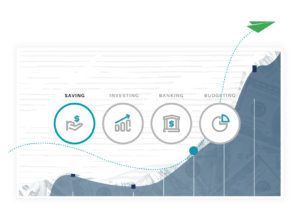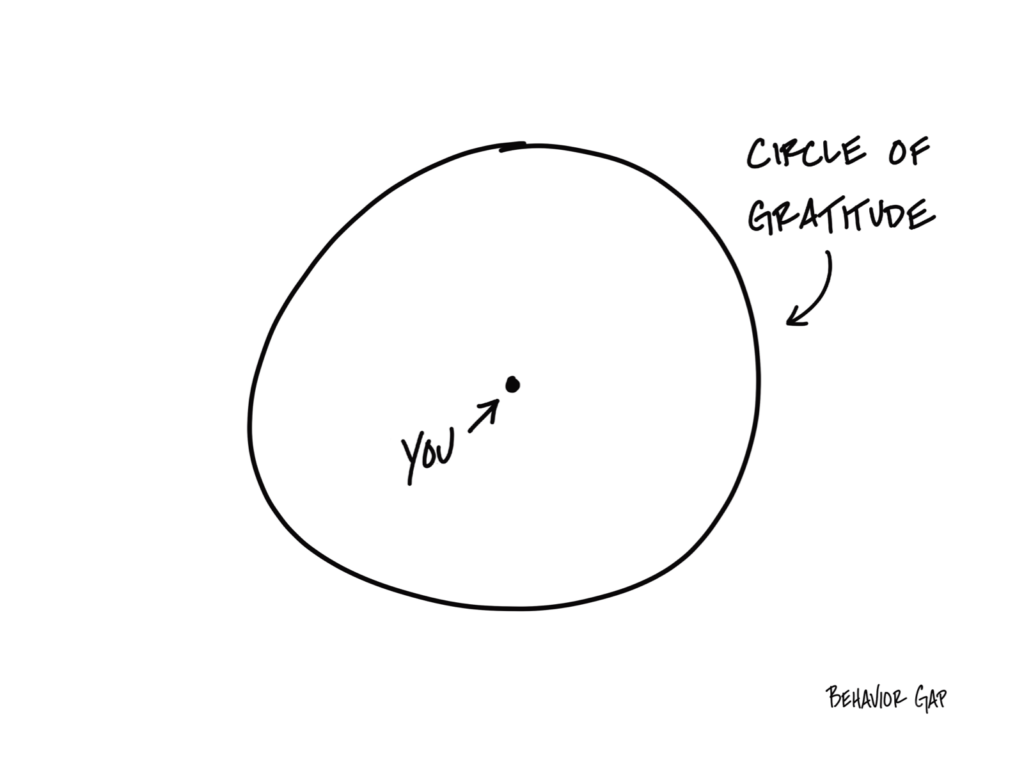Details Are Part of Our Difference
David Booth on How to Choose an Advisor
20 Years. 20 Lessons. Still Taking the Long View.
Making the Short List: Citywire Highlights Our Research-Driven Approach
The Tax Law Changed. Our Approach Hasn’t.
Grateful for Diversification
This year, I’m grateful for Diversification. Diversification is the only free lunch in investing. Let me repeat that. Diversification is the only free lunch in investing. As an investor, it allows you to dramatically reduce the range of possible outcomes in your investment portfolio, thereby making it easier to reach your financial goals. The range of performance of individual US companies this year was extremely wide and volatile. Think of it as a roller coaster with huge and frequent ups and downs. By diversifying, you were able to avoid some possible very negative outcomes. The video below provides a nice visual of the performance of the S&P500 year-to-date and gives an example of how increasing diversification, in this case by adding in small-cap companies, can help smooth the ride.
Video created by Jan Varsava.
Compounding Wisdom: 101 Saving

This is the latest in our series of introductory “101” financial guides. Each guide reveals a set of wise actions as well as a set of behaviors to avoid. The goal? Help you make smart choices at every turn in your financial road trip. Your financial success can be exponentially enhanced when you make wise financial decisions repeatedly over a long period. This month’s focus is Saving. You will increase your chances of financial security if you start saving early, contribute regularly, and live within your means. It all starts with having a savings plan.
Compounding Wisdom: Saving
Compound Wisdom Actions
- Set an Annual Savings Target – strive to save or invest at least 20% of your income each year.
- Be Intentional – your savings plan should establish priorities among retirement, education for kids, large purchases, and investments.
- Act Now – too often, we procrastinate due to loans or large purchases but remember that your most valuable dollar is the last one saved, and no amount is too small.
- Auto “Pay Yourself First” – enforce discipline using automated transfers from checking into savings and investments accounts.
- Prepare for Emergencies – don’t invest until you have sufficient liquid savings to pay for 3-6 months of living expenses.
- Plan for Large Purchases – define your next large purchase (what, when, and how much) and then save methodically each month.
- Keep Life Simple –avoid buying things that complicate your life and add unnecessary costs; more can be less.
- Save With Purpose – each dollar should be saved or invested with a purpose in mind so you can apply appropriate risk.
- Use Credit Wisely – remember that using credit means spending money today that you may not have yet earned.
- Zero the Balance – pay off all credit card balances each month; making a mid-month partial payment will likely raise your credit score.
Actions to Avoid:
- I Can’t Resist – Purchasing large items without a plan.
- C’est la vie – Living a lifestyle that prevents you from saving/investing 20% of your income.
- I’ll Start Next Year – Delaying savings due to lack of discipline or debt payments.
- That’s All I Had to Do – Only paying the minimums on credit card bills or other loans.
- Robbing Peter to Pay Paul – Using your checking account or credit card to fund emergencies or tapping your retirement accounts.
- But It’s an Emergency – Using your emergency fund for non-emergency spending.
- Scared Money Don’t Make Money – Don’t be risk averse when you are young; you are a time billionaire, so leverage it.
Feel free to pass this along if you know someone who might benefit from the guidance and look for more from me in this monthly series.
I lead our Hillfolio-level client service and planning efforts; learn more about me here and reach out if I can help you put the magic of compounding on your side.
Image of the Month


